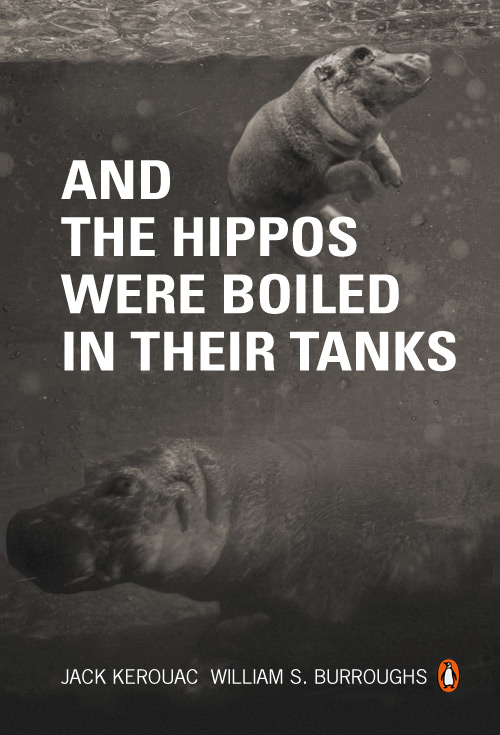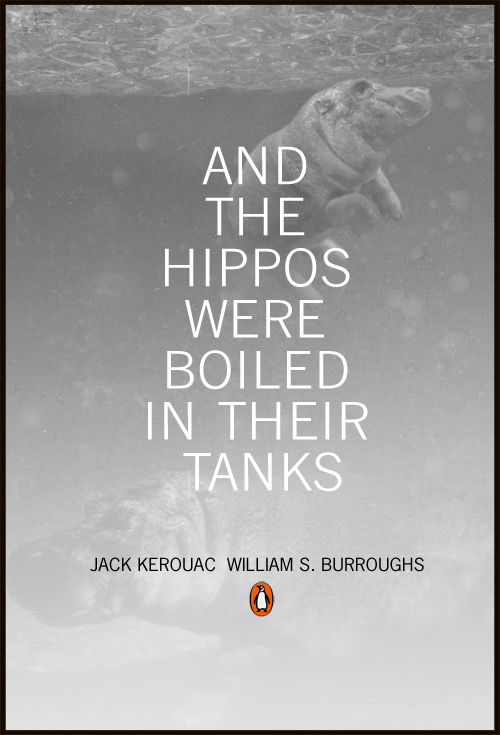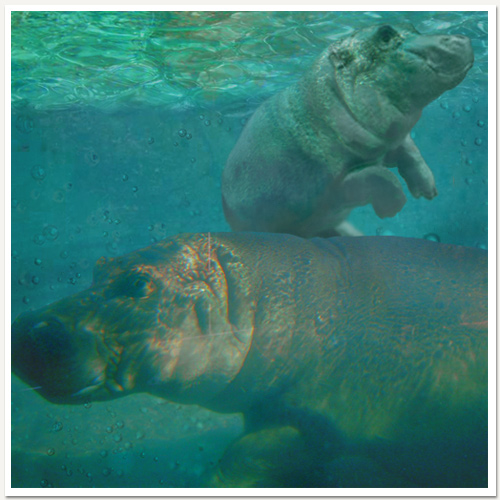Being dead has got to be a drag. Being dead and famous? Still a drag, but at least you impressed yourself into the wax of the world sufficiently to live on, if only in name, for a while longer. Being dead and a famous artist? That’s a whole other tank of hippos. It would seem if you achieve fame in your lifetime as an artist your fate after death is to have every awkward, stinking, aborted creative-effort dragged from the darkness of its banishment, tagged, and shoved under the bright lights. That thing you made whilst naked in the mountains, blindfolded, heartbroken, raving, high on poisonous toad-skin, which you set down in grasshopper blood on the back of a banana leaf… that thing which you awoke three days later to find wedged between a wet deer skull and your car’s front tire… if you were too weak to burn it then when you had the chance, that thing will be found and packaged, and your name will be emblazoned across it, and it will be sold. Yes indeed. It will be sold to someone, or anyone, or everyone with a jangling pile of coins burning a hole in their pocket.
News was just recently released that Penguin will be publishing a novel co-authored by Jack Kerouac and William Burroughs which was written in 1945, before either achieved fame, or, one might argue, before either achieved talent. Not that this is necessarily a case such as that sketched in my over-dramatic first paragraph, but I can say with something approaching certainty that there is a reason why artists decline to put particular works out there.
Is this one a festering pustule on the golden, glorified legacies of two beat luminaries? I have no idea. Burroughs himself dismissed it as “not a very distinguished work.” ⊕ So the question begs to be asked, though we hail famous artists as “geniuses,” and fawn over their pronouncements, and make pilgrimages to their grave sites, and gobble critical texts parsing their brilliance, does it just so happen that the one area in which they are totally deficient is judging the merits of their own work?
The title of this “undistinguished” novel is evidently something Burroughs heard on a newscast about a zoo fire: And the Hippos Were Boiled in Their Tanks. I actually love the title, though perhaps And the Artists Were Exploited in Their Caskets would be closer to the bone.

The events which inspired And the Hippos Were Boiled in Their Tanks certainly sound novel-worthy, complete with obsession, drunken knife-fights, murder, body dumping, and the incarceration of our intrepid beat luminaries. Surely its publication will have some redeeming value? Whether just for historians and completists and rubber-neckers, or as a work in and of itself, is yet to be seen.
I have to wonder what the artists themselves would think were they alive? Would they be embarrassed? Displeased? Would the fact that even their “undistinguished” works made it to a clamoring marketplace simply satisfy their egos and overrule their internal editors? Would they grin from their easy chairs unable to beat back the maniacal words, “I am legend”?

Letting “unsuccessful” works linger in drawers and boxes under beds is a weakness for most artists I’d say, but then, when they are your creations, even abortive ones, abhorrent ones, embarrassing ones, and your intention is to mournfully review them every decade or so as you would review old correspondences or family photographs, they retain a definite personal value. A personal value.
After Henry Miller’s death Moloch and Crazy Cock came to light, neither of which were sterling examples of his incredible talent ⊕, likewise Bukowski has had damn near as many books of poetry published since his death as before. At what point does the pile of “not ready for prime time” work of an artist begin to tarnish his or her legacy? Does it ever? Is our insatiable desire to know everything about those we’ve immortalized self-defeating? And are we actually entitled to see the things artists didn’t want to have seen? It may well be that we afford our idols more “personal space” physically, after their deaths, than we do metaphorically.
It’s a moot point I guess. There’s money to be made and industry marches on. ⊕ And perhaps, just perhaps, the rationalization that even a turd from a master is better than nothing is true. One thing we can be sure of is that neither Jack, nor William, nor Henry, Nor Buk give a good god-damn either way right now, and we can take heart in the fact that while they lived, their art was their own.


